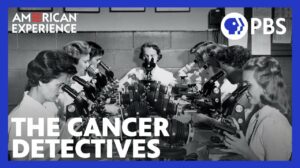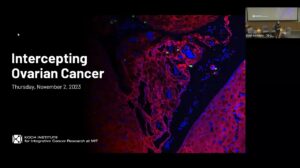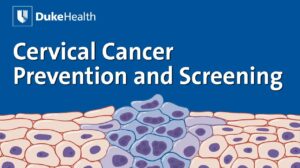NEW YORK (Reuters Health) – The addition of aprepitant to anti-emesis treatment seems to reduce the occurrence of nausea and vomiting among patients who are likely to experience it while undergoing moderately emetogenic chemotherapy, according to a Japanese study.
“Chemotherapy agents are important for measuring the emetic-risk, however, patient characteristics are also important,” the lead investigator pointed out in an email. As Dr. Maki Tanioka, at the Hyogo Cancer Center in Akashi, and his colleagues explain, the risk of chemotherapy-induced is related to gender and age. “Female and younger patients are at greater risk. In contrast, patients with a history of heavy alcohol consumption have a lower risk.”
The team investigated the value of aprepitant in 94 nondrinking women younger than 70 years being treated for cancer, mainly ovarian or endometrial cancer. Most received carboplatin-based chemotherapy, which is classified as moderately emetogenic.
As described in the British Journal of Cancer online July 16, the patients were randomized to receive aprepitant or placebo 1 hour before chemo infusion and on days 2 and 3. All the patients received granisetron on day 1 and all also received dexamethasone on days 1-3, but with a higher dose given to the placebo group.
Complete response was defined as no vomiting or retching episodes and no use of rescue medication.
In the acute phase (day 1), the complete response rate was high in both the aprepitant and placebo arms at 97.8% and 95.7%, respectively. However, this fell during the delayed phase (days 2-5) so that the overall response rate was “superior but not significantly higher” in the aprepitant group (62.2%) than the placebo group (52.1%; p=0.33), the team reports.
The authors conclude, “Addition of aprepitant seemed to be effective even with an increased dose of dexamethasone; however, improvement is required in the delayed phase CR (complete response) rate.”
However, they say the non-significant difference of 10 percentage points was “lower than our initial expectation of 20%.” In his email, Dr. Tanioka added, “Larger clinical studies would be needed to address the significance of aprepitant for the high-emetic risk patients such as women, young patients, and non-drinkers.”
SOURCE: A randomised, placebo-controlled, double-blind study of aprepitant in nondrinking women younger than 70 years receiving moderately emetogenic chemotherapy
Br J Cancer 2013.




